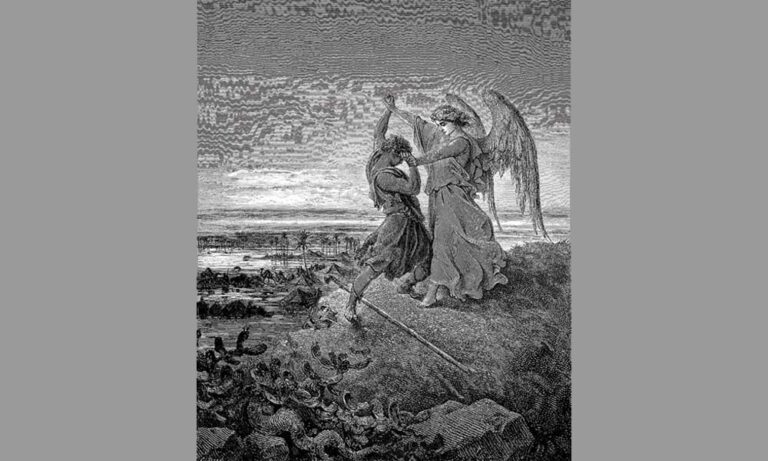In the aftermath of the November 1947 UN vote on the partition of the British Mandate of Palestine, David Ben-Gurion, despite the celebrations among Jews, remained focused on the task of securing Jewish sovereignty in Palestine. He carefully drafted a list of necessities for the new state, including an army, an airport, a civil administration, and a name.
Just two days before declaring independence, amidst violence and besiegement, the Jewish National Council, led by Ben-Gurion, gathered to create the Declaration of Independence. While considering various names for the state, the popular choice of Judea was rejected due to concerns of territorial claims and provocation. Similarly, the name Zion was also dismissed to avoid inflaming tensions in Jerusalem, designated as an international city.
Another suggestion, Ever, derived from the Hebrew word for “Hebrew,” was not favored by the council. The name Palestine, historically significant but associated with non-Jewish regimes, was not seriously considered due to its imperial connotations and maximalist implications.
Although Eretz Yisrael, meaning “the Land of Israel,” held religious and historical significance, it was rejected for potentially implying territorial aspirations. The council also did not choose the name Bnei Yisrael, meaning the children of Israel.
Ultimately, the process of selecting a name for the new Jewish state was a delicate balancing act between honoring history, avoiding provocation, and presenting a vision of Israel that was inclusive and forward-looking.
Although not considered for the name of the state itself, Bnei Yisrael is the origin of the word Israel that would be used as the state’s name, rather than Eretz Yisrael. The biblical narrative of Israel describes how Jacob, after wrestling with and overcoming an angel, convinces God to confer upon him the name of Yisrael, or Israel. The meaning of that name is a matter of theological and etymological debate, often translated as “struggle” or “struggles with God.” According to Rabbi Jack Bemporad, “Israel appears about 2,400 times in the Bible, but the Land of Israel only a few times.”
The name Israel was not considered for the new Jewish state until late in the deliberations. The members of the National Council saw Medinat Yisrael, the State of Israel, as a relatively benign choice due to its reference to the people rather than the land. The council approved the name by a majority vote, and two days later, Ben-Gurion declared the independence of the State of Israel at the Tel Aviv Museum.
Over time, the significance of the word Israel has evolved as its use has increased. Amos Oz noted that while Israelites belonged to the land of Israel, Jews inhabited a wider world from the beginning. Today, Israel often refers to both the people and the State of Israel. The relationship between Israel as a people and a territory has fluctuated over the years, but the fundamental tension between the two remains. The future of Israel in the next 75 years is uncertain.

